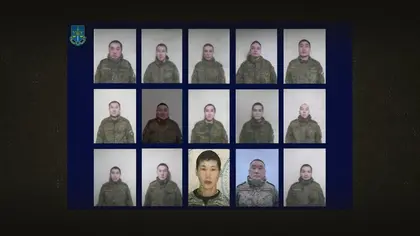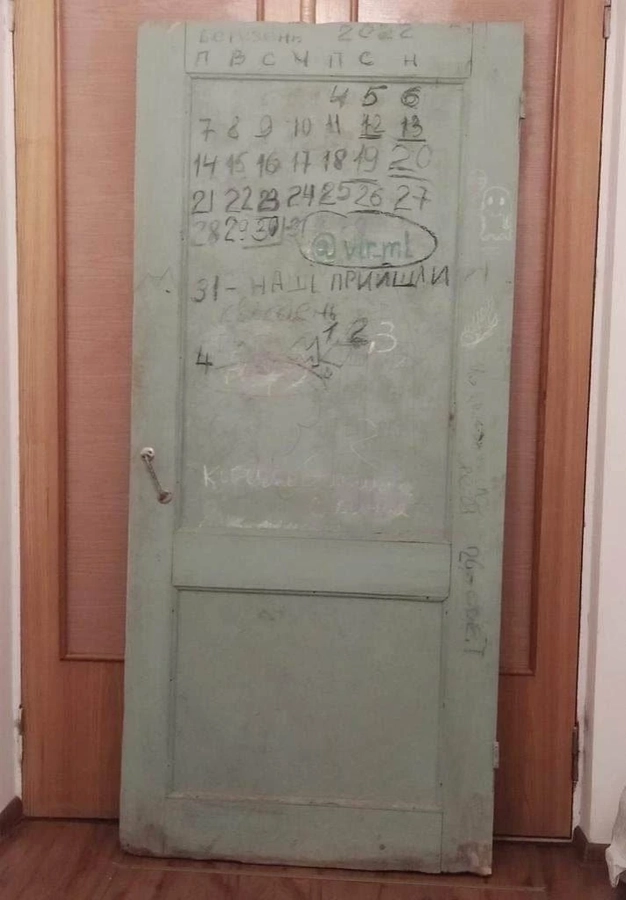The Chernihiv District Court on Monday, March 11, convicted 15 Russian soldiers in absentia of war crimes committed against residents of Yahidne, Suspilne reports.
Less than two weeks after Russia launched its full-scale invasion of Ukraine, Russian soldiers forced 368 civilians, practically the entire population of the village, into the basement of the local school for 27 days, from March 5 to April 1, 2022.
JOIN US ON TELEGRAM
Follow our coverage of the war on the @Kyivpost_official.
The incident in the village near Chernihiv, less than 100 kilometers from the Russian border, became one of the symbols of the Russian occupation of Ukraine’s northern regions.
The prosecutors say that none of these soldiers are currently under Ukrainian control, and their exact location is unknown.
There were 69 children among the hostages being held with no toilet, no lighting and no ventilation. According to the testimonies of the victims, they had to live in unsanitary conditions for almost a month, and the Russians gave them almost no food.
Door to the basement prison in Yahidne.
During that time, 10 people died. There were no medicines or medical assistance in the basement. Another 17 residents of Yahidne were killed by Russian soldiers on the territory of the village.
Located at the intersection of important highways, where the road from Kyiv to Chernihiv intersects with the east-west district road, Yahidne was heavily damaged during active hostilities. For several weeks, the occupiers looted and destroyed the residents’ houses.

EXPLAINED: What We Know About Russia’s Oreshnik Missile Fired on Ukraine
The court sentenced all the culprits in absentia to 12 years of imprisonment. The case was considered for more than a year, and none of the victims came to the court to hear the verdict.
Olha Shvydka, the local community head, told Kyiv Post that 90 percent of the villagers had returned to their homes and that they were still suffering from the trauma. They are also concerned that all of those war criminals are beyond the reach of Ukrainian authorities.
“Of course, we are all scared every time we hear the air raid alarm. People are afraid that hostilities and occupiers might return to the community,” said Shvydka.
She also said that the damaged and destroyed houses in Yahidne are being gradually rebuilt and restored. However, things are worse for stores and other commercial buildings where some villagers had small businesses, such as selling their apples.
“The houses are being restored. We have rebuilt several almost from scratch and built new ones for several families. They’re going to move in soon. The problem is with commercial buildings because there are no funding programs for the restoration of commercial premises. Auxiliary structures of households are not even included in the restoration programs,” Shvydka said.
There are plans to build a memorial in Yahidne. In 2023, the village that has become a symbol of the Russian occupation, was being restored by volunteers. During the restoration, the door to the basement in which the Ukrainian civilians were imprisoned, on which they marked the days spent in captivity, was removed. Later, the door became one of the most striking exhibits at an exhibition in New York City of evidence of Russian war crimes.
Door to the basement prison in Yahidne.
You can also highlight the text and press Ctrl + Enter







